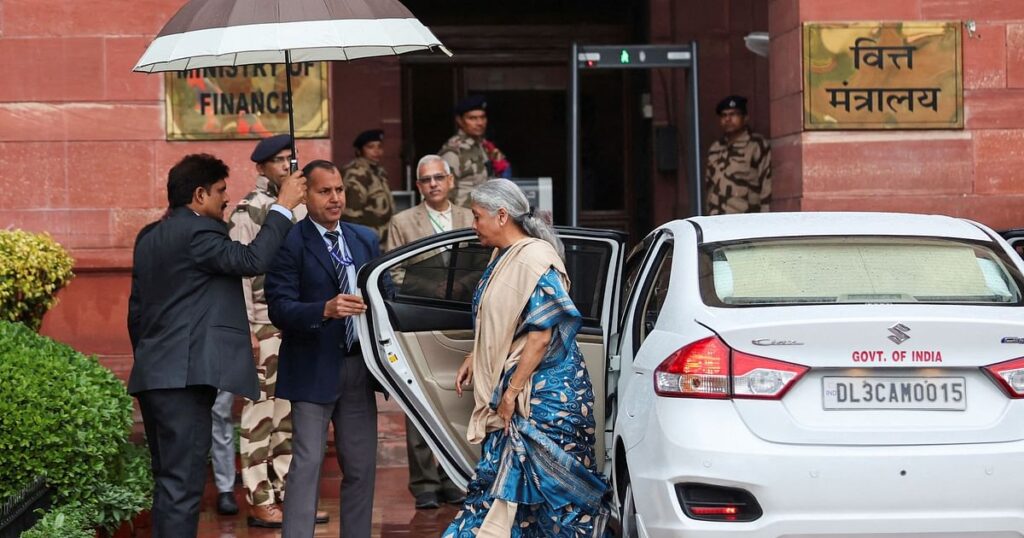BENGALURU: Ongoing geopolitical turmoil and resulting volatility in global commodity prices continue to be a concern for the economy, the Union finance ministry said on Friday, but added that there are sufficient macroeconomic buffers to weather these challenges.
“Continuous geopolitical tensions and fluctuations in global commodity prices, especially petroleum products, pose significant challenges on many fronts,” the ministry said in its latest Monthly Economic Report (MER) for April 2024.
Nonetheless, the macroeconomic buffers nurtured and strengthened in the post-COVID economic management are expected to help India weather these challenges fairly smoothly, MER said.
India's retail price inflation fell to a 10-month low of 4.83% in April, staying below 5% for a second consecutive month, mainly due to an easing in core inflation despite food prices remaining high.
Retail price inflation has been declining continuously since December 2023. It has remained within the Reserve Bank of India's (RBI) tolerance band of 2-6% for seven consecutive months. However, it has remained above the central bank's medium-term target of 4% for 54 consecutive months.
The ongoing conflict in the Middle East has led to the benchmark Brent crude price rising more than 6% since the start of the year.
On Wednesday, MER said that as per all available high frequency data, the Indian economy's strong performance in 2023-24 has been carried over into the current April-June quarter (Q1 of 2024-25).
“The Indian economy ended FY24 on a strong note with growth exceeding market expectations despite strong external headwinds. Early indications suggest that the economic momentum will continue in Q1FY25,” the report said.
The report said industrial activity was gaining momentum and fixed investment was also accelerating on the back of the government's focus on capital expenditure. “The central bank's forward-looking survey also points to an improvement in consumer confidence and the industrial outlook,” it said.
Published May 24, 2024 22:45 IST


